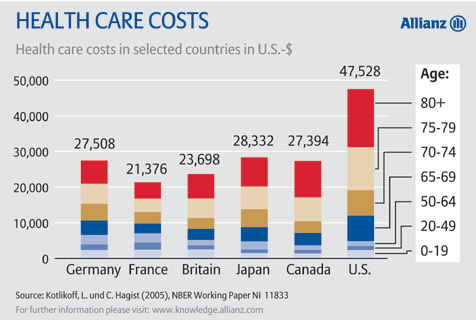More on Administrative Costs
I actually like this article by Ezra Klein. Often I’ve found his articles lacking in understanding of economics, an appreciation for incentives, etc. But this looks quite good. Well balanced and displaying a healthy skepticism about why Medicare’s adminstative costs are lower and if we can get such low costs in general for health care and if it is even desireable. Here are the last two paragraphs, and read the whole thing,
It’s also important to note that you don’t necessarily want administrative costs as low as they could possibly be. Some activities that are considered “administrative” are useful. Disease management, for instance, which accounts for some of the difference between Medicare and Medicare Advantage. Mental health counselors who are available by phone. Good-faith investigations into waste, fraud and abuse. Care coordination. Nurses who use e-mail or telephones to remind patients to take their drugs. Administration is not always wasteful.
But no matter how good you got at slashing administrative costs, they will never be a panacea to the problems of the system. Rick Kronick, a political scientist at the University of California at San Diego, has done some of the best work on administrative costs, and he summed the situation up quite well. “The main question,” he said, “is why are health care costs going up at 2.4 percent a year faster than GDP? And most of the answers to that question have nothing to do with administrative costs. The answers are that we do more stuff and have more technology. Even if we could wring administrative savings out of the system, which I’m all in favor of and would be a good thing, we’d still be facing the question of how to slow the rate of cost growth.”
Precisely.





